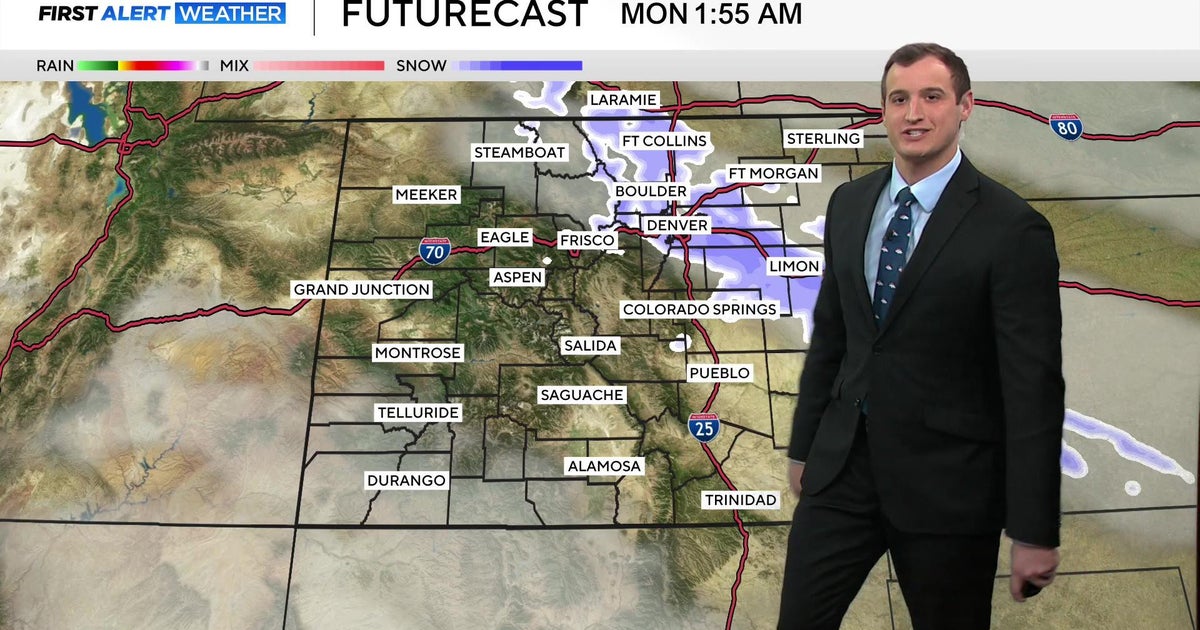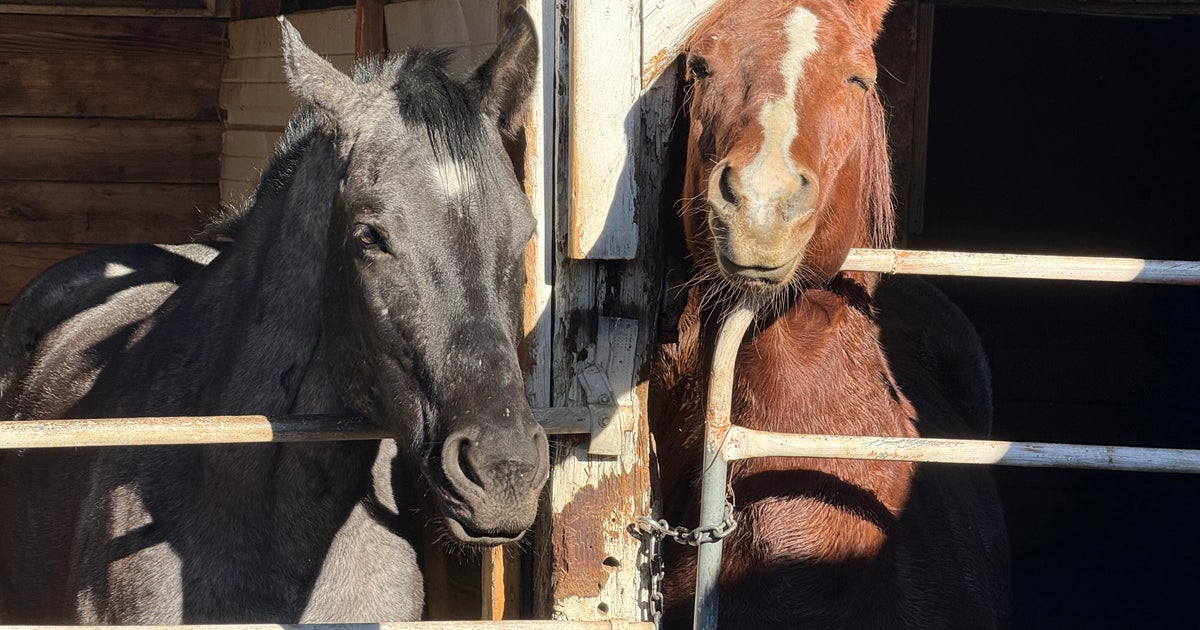Rancho Palos Verdes land continues to move at an alarming pace
The land that's been sliding for decades in Rancho Palos Verdes is moving even quicker. Those who live in the bluffs above Abalone Cove said they need help — and fast.
In the last week, cracks have formed in the street in front of Sheri Hastings' home and around her property.
"And now we're cracking all over the place and this is not something we've ever experienced before," Hastings said. "Everybody is worried."
The sudden land movement broke apart her water main, tilted her fountain, split concrete walls and opened fissures in the ground under her horse stables.
Sheri has been measuring just how quickly the largest crack has grown in the past week. She said it has expanded about 2 inches.
The neighborhood above the Pacific Ocean started sliding slowly in the 1970s about 20 years after the land started slipping in the Portuguese Bend area. Now, it's going at an alarming pace. A street in Abalone Cove closed Tuesday after it buckled from the land movement.
The city said a local emergency declaration from October is still in effect. Geologists believe heavy rains since last winter have saturated the ground.
"The landslide has been accelerating," Chairman of the Abalone Cove Landslide abatement district Gordon Leon said.
Leon said they have reactivated or installed six new wells in addition to the 16 wells already pumping out groundwater.
"Right now, we are pumping, round numbers, 130,000 gallons a day," Leon said. "We are hoping it will add another 30,000 a day, maybe 40."
The residents said they desperately need state and federal help to bring in engineers to secure the canyon.
"We used to say the Portuguese Bend slips feet and we slip millimeters," Leon said. "Now we slip feet."
Hastings hopes the new wells will stop the sudden sliding and return life back to normal.
"What's really important is that we get the funding — FEMA or emergency money to take care of it," Hastings said.







